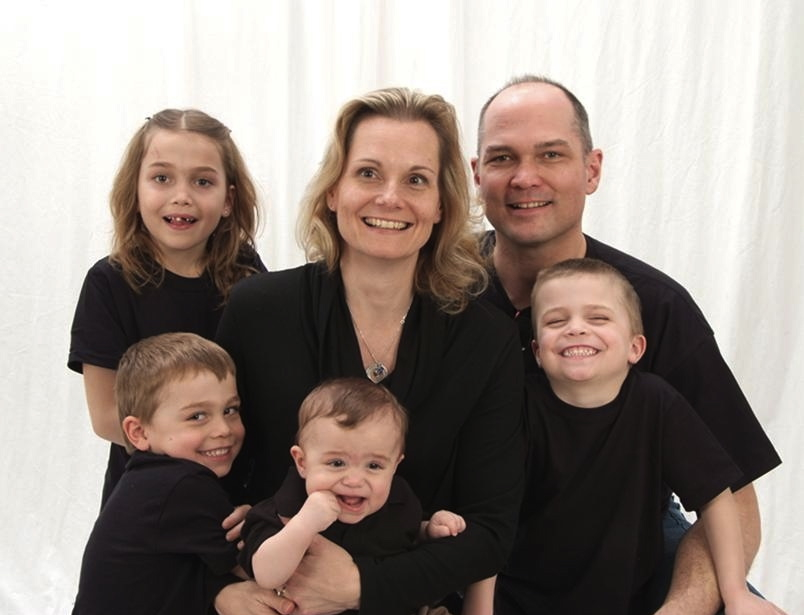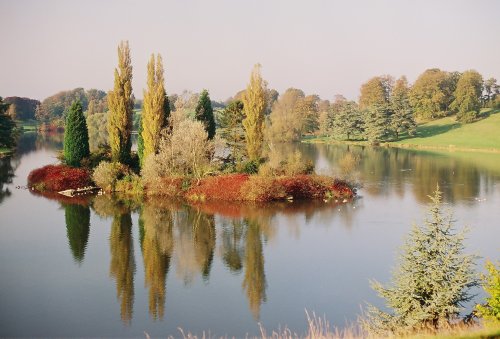
As long as I have a garden to muck about in, and the health to do it, I shall not mind growing old. My garden is a deep joy at the centre of my life, even though I am making peace with not being able to keep up with it: it’s an acre and a half.
My nerves felt raw today, but then, I went out to the garden, which is bird-loud, and felt peace return.
Listening to birds sing, it’s suggested helps us relax, helps us complete tasks, and even think creatively. For instance, I didn’t have a single fresh idea for a blog post when I went out, and then, the garden gave me this!
* * *
Why do birds sing? Birds sing thousands of times through the day, the red-eyed vireo singing 20,000 songs daily. They sing to mark out their territories, to attract mates, or simply to communicate with other birds. They sing because it is their nature. They sing because they must.
Gerard Manley Hopkins imagines kingfishers catching fire, dragonflies drawing flame, while singing, “What I do is me. For that I came.”
As kingfishers catch fire, dragonflies dráw fláme;
As tumbled over rim in roundy wells
Stones ring; like each tucked string tells, each hung bell’s
Bow swung finds tongue to fling out broad its name;
Each mortal thing does one thing and the same:
Deals out that being indoors each one dwells;
Selves—goes itself; myself it speaks and spells,
Crying Whát I do is me: for that I came.
Í say móre: the just man justices;
Kéeps gráce: thát keeps all his goings graces;
Acts in God’s eye what in God’s eye he is—
Chríst—for Christ plays in ten thousand places,
Lovely in limbs, and lovely in eyes not his
To the Father through the features of men’s faces.
* * *
I have at various points considered giving up writing—when I had a miscarriage when Zoe was two; when I was pregnant with Irene; when domestic chaos overwhelmed me.
But each time when I decided to do nothing but housework until our house was orderly—-the last attempt was 7 years ago– I slipped into depression. It was hard to get out of bed, hard to focus on the sorting, organizing, dishes, laundry, the endless domestic routines.
If, however, I gave myself just an hour or two of creating, I had energy for the rest. Because that is what I was made for: to write. And when I am not doing it, I am listless, slightly unhappy, and don’t have energy for anything else.
And so, each time I was tempted to give up writing to be a perfect homemaker, or a perfect mummy, I would return to writing, because it was my calling, my vocation.
* * *
As a bird sings its high, clear note, and as fish splash through the seas of this world, I am made to play with words and ideas, to attempt to recreate beauty out of beauty.
Writing time is slowly opening as I grow more disciplined. What will I write? How much? I don’t know.
But this I do know–as Milton puts it,
Yet be it less or more, or soon or slow,
It shall be still in strictest measure even
To that same lot, however mean or high,
Toward which Time leads me, and the will of Heaven;
All is, if I have grace to use it so,
As ever in my great Taskmaster’s eye.



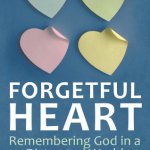
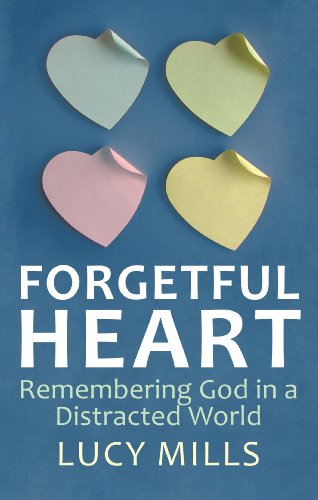


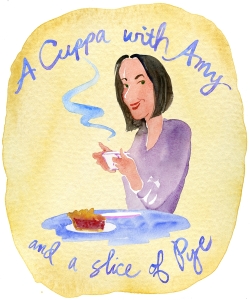 Thank you to Anita for inviting me on the Monday blog tour. Pleasure to be dreaming beneath the spires with you, even if from a sunny garden in North London!
Thank you to Anita for inviting me on the Monday blog tour. Pleasure to be dreaming beneath the spires with you, even if from a sunny garden in North London!


